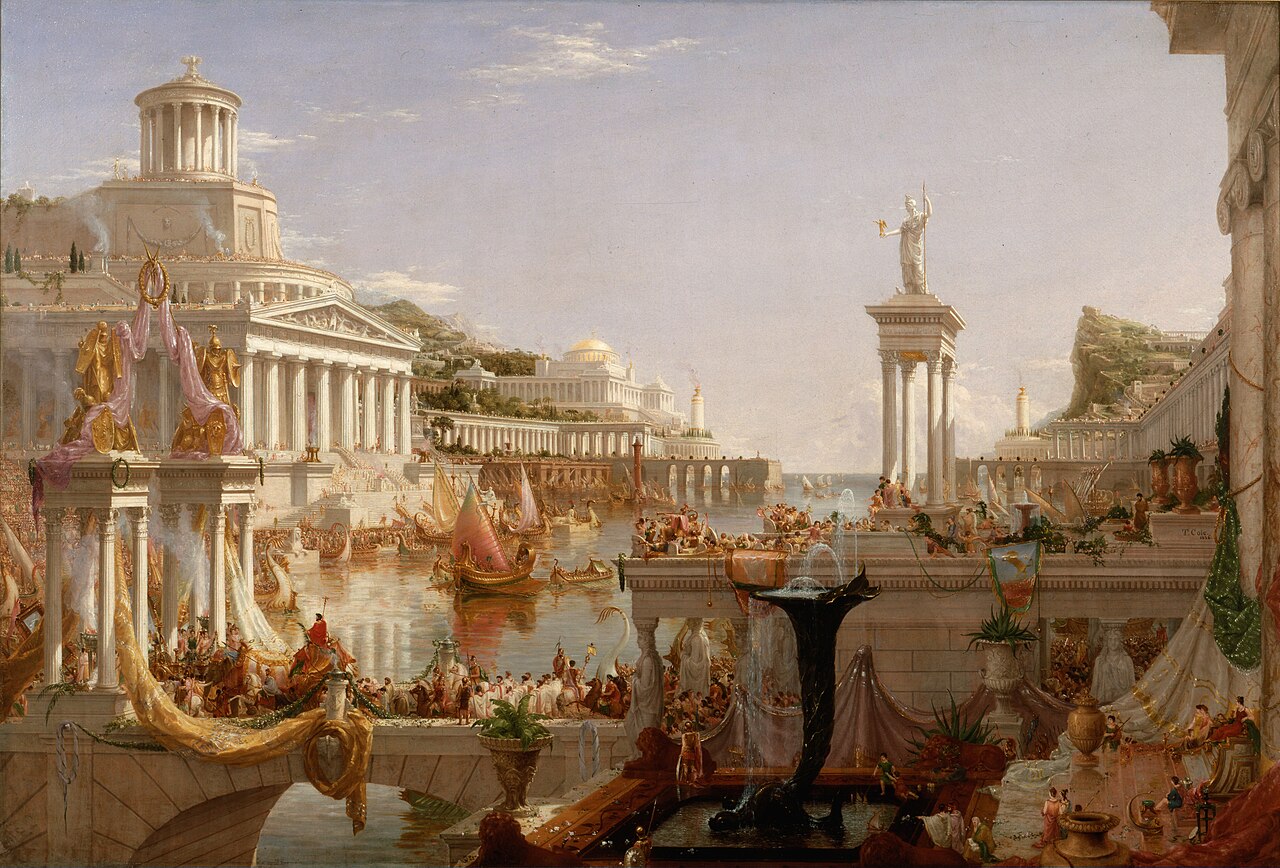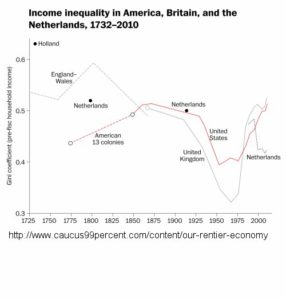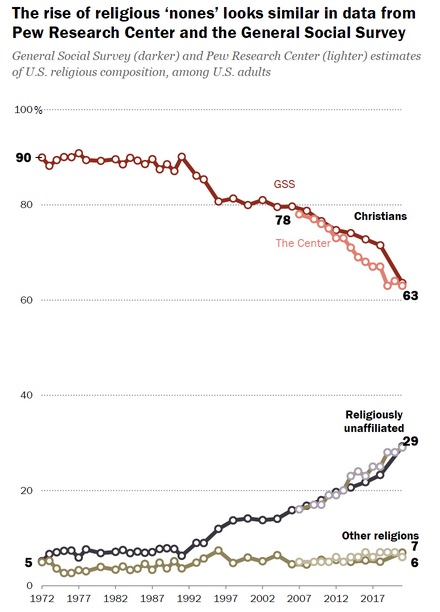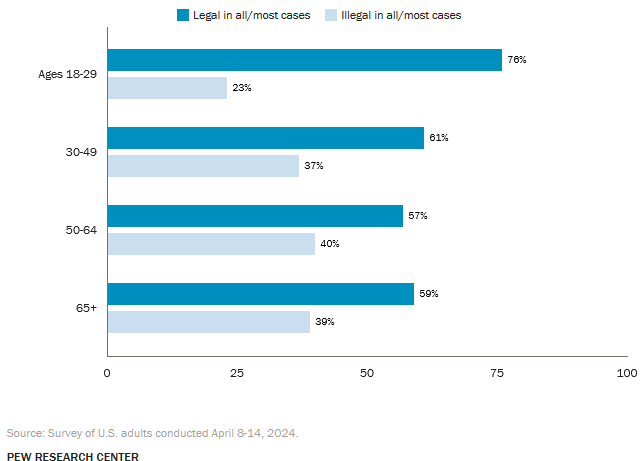 So, Democratic Socialist (ie. has politics a 70s liberal would have agreed with, but is less racist) Zohran Mamdani has won the nomination as the Democratic candidate for New York City Mayor.
So, Democratic Socialist (ie. has politics a 70s liberal would have agreed with, but is less racist) Zohran Mamdani has won the nomination as the Democratic candidate for New York City Mayor.
I’ll point out here that there have been a few such attempts. Stoller writes about Lamont’s challenge to Lieberman, in which Lamont won the primary, then Lieberman won the election. It’s similar to what will be tried here: The oligarchical part of the Democratic party will align behind another candidate, possibly even the Republican one. Those who don’t will try to co-opt Mamdani, and turn him into a centrist left-winger.
Mamdani is more radical than Sanders; he isn’t a Zionist, for example. But he’s basically suggesting policies than no Democrat during the 50s, 60s, and even into the 70s would have found extraordinary.
What Stoller calls system-defining elections, I call sub-ideological revolutions. FDR changed the form of capitalism practiced in the US, so did Carter and Reagan. Mamdani, for all the screams from rich operatives like Larry Summers and various oligarchs, isn’t a radical — any more than FDR was. He doesn’t want to switch to economic Communism (i.e., worker ownership of the means of production or Soviet-style central control), say, or a single-party state. He wants real changes in how capitalism is practiced, and some changes to who has power in Democracy.
Sanders’ runs in 2016 and 2020 were an attempt at a sub-ideological revolution, or, system-defining elections. This is why Obama intervened and lined everyone up behind Biden, a nearly unprecedented step.
Likewise, Corbyn represented such an attempt, except Corybn got further, winning the Labour leadership. It’s not an accident that (and we have receipts, so don’t argue) Labour operatives actually sabotaged him in two elections to ensure a Conservative win. They wanted the old ideology/system to keep running more than they wanted their party to win. And once Corbyn was removed, his successor, Starmer, purged the party of the democratic socialist left. Once in power, Starmer doubled down on austerity and politics no different in substance, but actually more punitive, than those followed by the Conservative party.
The Reform Party in the UK is now coming on hard.
Be clear that sub-ideological transitions/system changes can be bad. Neoliberalism was a bad change. In the UK, if Reform sets the new system/ideological norm, it will be awful.
This is one reason why I said that Corbyn was the UK’s last chance: If the left failed, the right would then get its shot, and what the right wants to do is beyond awful.
It’s why Germany is beyond hosed: Doubling down on military Keynesianism (which won’t work in a corrupt, neoliberal system), while cutting social welfare will simply lead to the new-right getting into power. Their policies will make most people worse off, not better.
As for Mamdani, he’s a good sign. The fact that men, as well as the youngs, went for him is also excellent, because it shows that men and youngsters aren’t really “right-wing” in any way that matters. Yet. What they want is change. If they are offered good change, they’ll take it. However, they’re so desperate that if all that’s on the menu is shitty change, or the status quo, they’ll take shitty change.
This was obviously going to happen. I wrote years ago that we wouldn’t see real change until the mid-2020s, at the earliest, because it required generational change as well.
Mamdani tells us that what sort of change will finally win in the US is not yet decided. It doesn’t have to be MAGA stupidity and meanness.
So if you want something better in the US, if you want a chance at a New New Deal, get behind Mamdani and people like him — hard.
There still remains a question of whether Mamdani can deliver, even if he is elected. Will he be be co-opted? Will he run into opposition from enemies so powerful he either can’t overcome them? Or will he use them as a rallying call? Is he competent enough to create and run a new system like the one he’s suggesting?
This is a chance because, if Mamdani wins and then improves New Yorker’s lives, he’ll be copied. And if you’re in a position to do something to improve the chance of this happening and then working, I suggest you do so.
If you’ve read this far, and you read a lot of my articles, you might wish to Subscribe or donate. I’ve written over 3,500 posts, and the site, and Ian, take money to run.

 I think it’s clear that democracy and capitalism don’t work together. Capitalists always wind up buying the government, and the only solution is a Great Depression-sized catastrophe to help reset capitalist wealth. But then, over time, they will capture the government again.
I think it’s clear that democracy and capitalism don’t work together. Capitalists always wind up buying the government, and the only solution is a Great Depression-sized catastrophe to help reset capitalist wealth. But then, over time, they will capture the government again. The left looks at people who are hurting and immediately asks “how can we help them?”
The left looks at people who are hurting and immediately asks “how can we help them?” 


